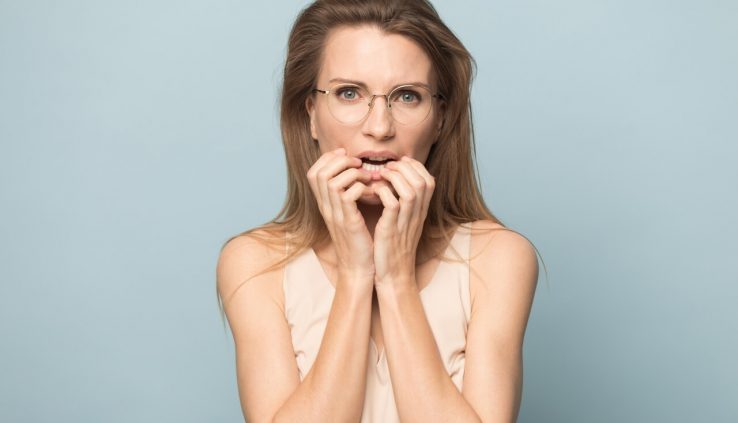You may have been feeling a little low lately and you don’t know the reason for such loneliness. You noticed a lot of changes with your moods and you feel a little anxious about very little details for quite some time now, and you suddenly thought that something may be wrong with you. Is this a sign of depression and anxiety? Can the two happen at the same time? Let us help you find clues about what you are going through and if you need a doctor to help you decipher your feelings.
Depression and anxiety: The connection
You may have heard of people who suffer from depression or anxiety separately. Their symptoms are different from each other. Depressed patients generally have less energy and vigor about life, wants to be alone most of the time, and looks sleepy and in pain for no reason at all. Anxious patients, on the other hand, almost always look restless, worried, irritable, and panicky. It may be a real struggle if you suffer from any of these emotional and mental disorders. But did you know that studies show these two can overlap and patients who suffer from one can also have the other? In fact, half of the patients diagnosed with clinical depression showed signs of having anxiety issues as well and vice versa.
Their symptoms overlap. Doctors say that depressed patients are often anxious about their health and happiness, and a patient diagnosed with anxiety disorder often feel depressed about their condition. That is why their symptoms somehow mix together. Patients with both conditions have problems with sleep and focusing their concentration and attention on things.
They both end up with suicidal ideations. When your head is all over the place, you sometimes lose yourself from reality. You dwell on past hurts and fear about what the future will bring. You worry almost about anything, and you feel that the pain and sadness you are feeling right now will never end. Above it all, you think that nobody understands and cares about what you are going through so it is best to end it here. Depressed and anxious patients often end up with suicide attempts and ideations. These patients should be monitored closely and counseled so that these strong feelings of self-harm will not be put into action.
How to help those who are depressed and anxious
Help yourself. The first person who can help patients struggling with depression and anxiety is themselves. They know what is normal and what feels different for them. Learn to accept that you need help and try your best to conquer small battles on your own.
Talk and listen. Depressed and anxious people feel they are misunderstood. Let them express their feelings in a nonjudgmental environment and have them voice out all their fears and angst. Listen to what they have to say and create an atmosphere that is accepting and non-criticizing.
Seek formal treatment. Sometimes depression and anxiety are brought about by hormonal imbalances in the brain. Seek counseling and adhere to prescribed medications from your doctor to help you cope with your ever-changing mood swings. These two will somehow gradually normalize your body and mind and help you feel yourself again.
Feeling a little anxious and lonely is normal in life. But if it makes you think of ways to hurt yourself, maybe it is time to seek professional help. You don’t have to feel ashamed about being depressed and having anxiety attacks. Hiding what you truly feel will bring you no good and will only worsen your condition. Assess yourself and be open to what others who care about you say. Seek medical attention if needed and follow their expert advice. Help yourself so that others who care and understand what you are going can help you as well.


